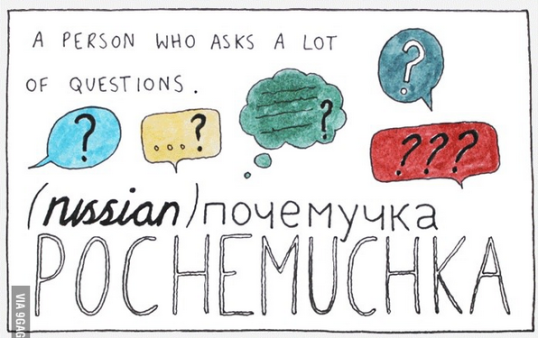Football and English: The Power to Unite
It’s that time of year again, the World Cup. The United States didn’t qualify and after Argentina and Spain lost, I naturally went for where I live now–Belgium. The team was doing great and made it to the semi-finals! I speak in the past tense, because it all ended last night losing to France. Despite losing, however, people still honked their horns and celebrated the team’s success, which put a smile on my face. These past few weeks have been exciting and beautiful as the occasion united people who otherwise have little to nothing in common. This is the power of sports, and football in particular.
Brussels is a conglomerate of people from all over the world, and finding a real “Belgian identity” is hard for a few reasons. First of all as stated in the last blog post, there are approximately 184 nationalities living within the City of Brussels! And secondly, Belgium itself is divided. Unlike some countries where division is due to race or religion, the modern explanation for division in Belgium is language. In Flanders they speak Flemish, a dialect of Dutch. In Wallonia, they speak French, although a Latin language Walloon was their original language and has declined in use little by little, today being spoken by few.
The World Cup can be a time for unity. You cheer for your team, then you go for another if need be. You may not watch the games or be a fan, but you still like to see people on the street smiling and filled with excitement. In Belgium, bars were filled with people of all kinds. Bars were filled with Flemish and Walloons, matching the demographic of the team in fact! They had to unite to play as a team, so how could they overcome the language division that existed between them?
I overheard some Irishmen talking last night about how the team communicated, and it wasn’t by speaking the others’ language. Instead, it was by speaking English together! A trend that is starting to happen bit by bit is that Flemish and Walloons are choosing to speak English together instead of each other’s language. It seems English is able to bridge the divide somehow.
Belgium lost which was disappointing for many but good news came as well as a lost football team in Northern Thailand were rescued. This was a miraculous story with divers from many countries working around the clock to save the boys. When the boys were found, fortunately some spoke enough English to be able to communicate with the British divers who found them. When EU Parliament workers have a meeting, it’s English that is spoken to reach the numerous nationalities represented. Historically English was a language of submission and cultural domination, but today it’s the language used to unite groups and ease communication barriers. English today is a common lingua franca across the globe.
The World Cup is a time of unity and cheers come in many languages, but when more than “Go” “Stop him” or “Shit” (among others) are needed, English is the language in common. Football and English, together or separate, they are true forces that can unite!






























